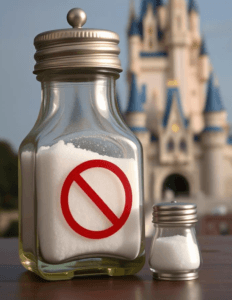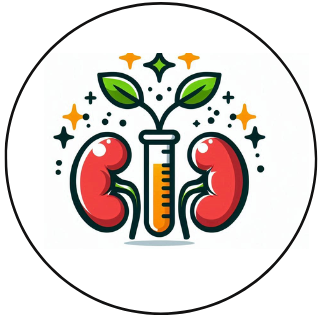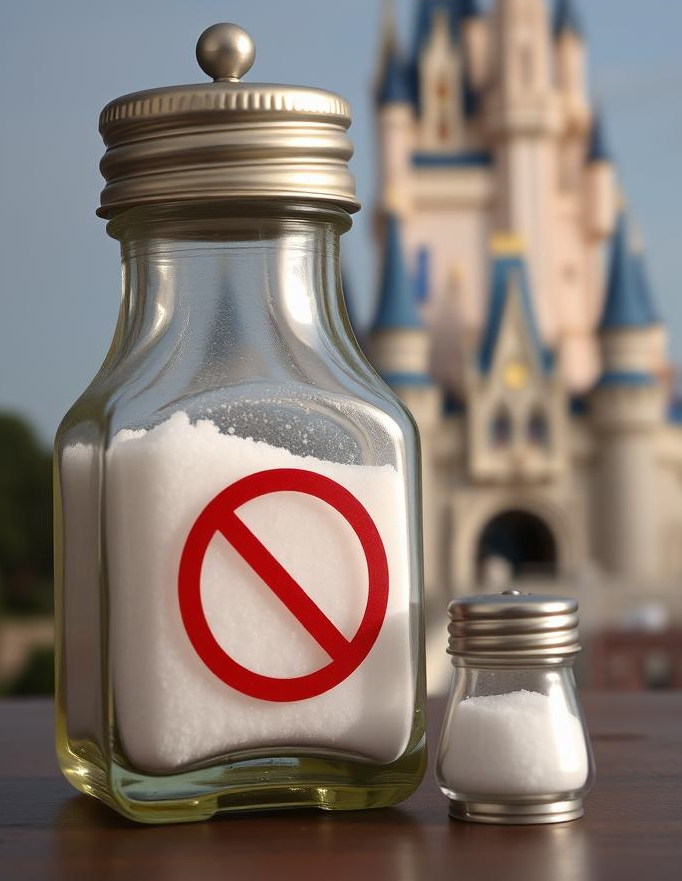The Impact of Salt on Kidney Health and the Benefits of Low-Salt Foods

Salt, or sodium chloride, is a staple in our diets, essential for various bodily functions, including fluid balance and nerve signaling. However, the modern diet often contains far more salt than needed, leading to potential health issues, particularly for the kidneys. Understanding how excess salt affects the kidneys and the benefits of low-salt foods can significantly improve overall health.
The Effect of Excess Salt on the Kidneys
The kidneys are pivotal in regulating fluid levels and electrolyte balance in the body. They filter blood, removing waste products and excess substances, including sodium. When we consume high levels of salt, the kidneys are forced to work harder to excrete the excess sodium. This increased workload can lead to a condition known as hypertension, or high blood pressure, as the body retains more water to balance the higher sodium levels. Over time, this chronic strain on the kidneys can contribute to kidney disease and worsen pre-existing conditions.
High blood pressure is a major risk factor for kidney disease. It damages blood vessels in the kidneys, impairing their ability to filter blood effectively. This can lead to a progressive decline in kidney function, ultimately resulting in kidney failure if not managed properly. Therefore, reducing salt intake is crucial for maintaining kidney health and preventing these severe outcomes.
The Role of Low-Salt Foods in Managing Blood Sugar
The benefits of low-salt foods extend beyond kidney health; they also play a significant role in managing blood sugar levels. High-sodium diets can disrupt the body’s glucose metabolism and increase insulin resistance, making it harder to control blood sugar levels. For individuals with diabetes or those at risk, maintaining a low-salt diet can help stabilize blood sugar levels and reduce the risk of complications.
Moreover, high-sodium snacks often lead to increased cravings for sugary or high-carb foods. This can create a vicious cycle of unhealthy eating patterns, making it challenging to manage blood sugar effectively. By choosing low-salt snacks, you not only reduce sodium intake but also help maintain stable blood sugar levels, as these foods are often less processed and contain fewer added sugars and unhealthy fats.
Choosing Low-Salt Snacks for Better Health
Incorporating low-salt snacks into your diet can be an effective strategy for improving overall health. These snacks are typically rich in natural flavors and nutrients, without the excessive sodium found in many processed options. Fresh fruits, vegetables, nuts, and seeds are excellent choices that offer essential vitamins and minerals while keeping sodium levels in check. For instance, a handful of unsalted almonds or a piece of fruit can satisfy hunger without the adverse effects of high salt intake.
Additionally, preparing meals at home allows you to control the amount of salt added, ensuring a healthier diet. Experimenting with herbs and spices can enhance the flavor of your dishes without relying on salt, making it easier to maintain a low-sodium diet.
Conclusion
Reducing salt intake is vital for kidney health and overall well-being. Excess sodium puts undue stress on the kidneys and can contribute to serious health conditions like hypertension and kidney disease. By embracing a diet rich in low-salt foods and snacks, you not only support kidney function but also help regulate blood sugar levels and minimize cravings. Making these dietary adjustments can lead to lasting health benefits and a more balanced lifestyle.
Some links in this post are affiliate links. Kidneyfreshfuel may receive small commissions on purchases through these links, which allows us to continue to bring you quality kidney information.

